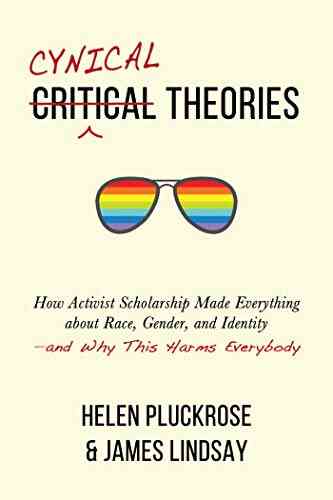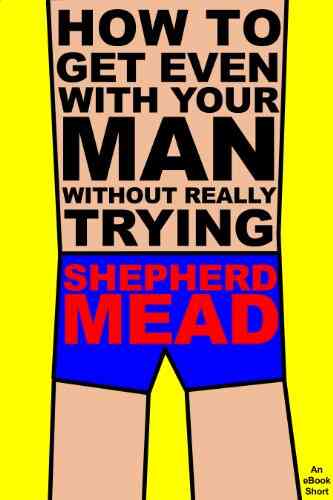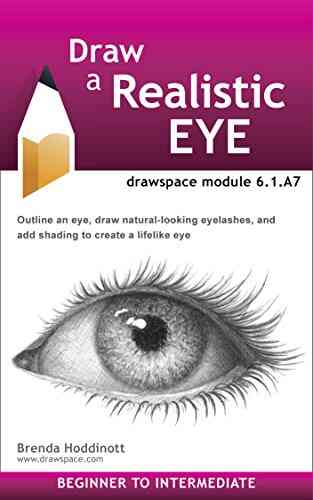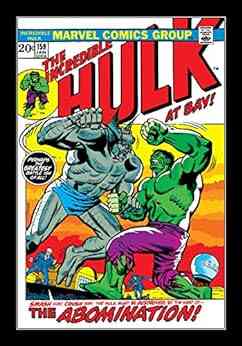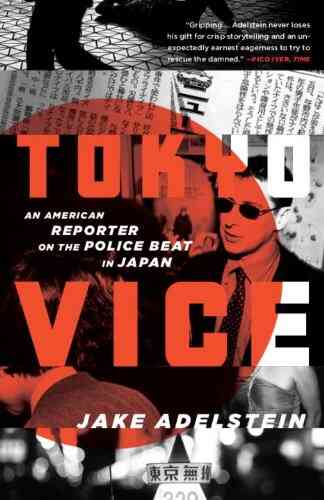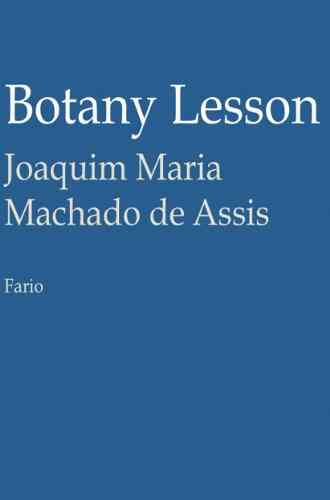How Activist Scholarship Made Everything About Race, Gender, and Identity, and Why


In recent years, topics related to race, gender, and identity have dominated the academic landscape. It seems that every field, from literature to politics, is now seen through the lens of these social constructs. This shift can be attributed to the rise of activist scholarship, which seeks to challenge traditional norms and dismantle oppressive systems. In this article, we will explore how activist scholarship has influenced our society, why it made everything about race, gender, and identity, and the implications of this paradigm shift.
The Power of Activist Scholarship
Activist scholarship represents a departure from traditional academic research that aims to be objective and unbiased. It places emphasis on social justice, utilizing research techniques to highlight systemic inequalities and advocate for marginalized communities. By focusing on race, gender, and identity, activist scholarship challenges the dominant narratives that perpetuate prejudice and discrimination.
Through its critical analysis, activist scholarship has given voice to previously ignored perspectives and amplified the experiences of marginalized groups. It has shed light on the historic injustices faced by these communities and sought to rectify the imbalances of power in society. This approach has sparked important conversations and inspired societal change.
4.7 out of 5
| Language | : | English |
| File size | : | 1124 KB |
| Text-to-Speech | : | Enabled |
| Screen Reader | : | Supported |
| Enhanced typesetting | : | Enabled |
| X-Ray | : | Enabled |
| Word Wise | : | Enabled |
| Print length | : | 353 pages |
| Lending | : | Enabled |
The Rise of Identity Politics
One of the key reasons activist scholarship has made everything about race, gender, and identity is the emergence of identity politics. This concept suggests that an individual's social and political interests are shaped by their identities, such as race, gender, sexual orientation, and socioeconomic status. Identity politics has become a tool for understanding power dynamics and analyzing social issues through an intersectional lens.
While identity politics has been influential in bringing marginalized voices to the forefront, it has also generated some controversy. Critics argue that it promotes divisiveness and hinders meaningful dialogue, as issues are often reduced to simplistic binaries of oppressor and oppressed. Nevertheless, the impact of identity politics on activist scholarship cannot be denied.
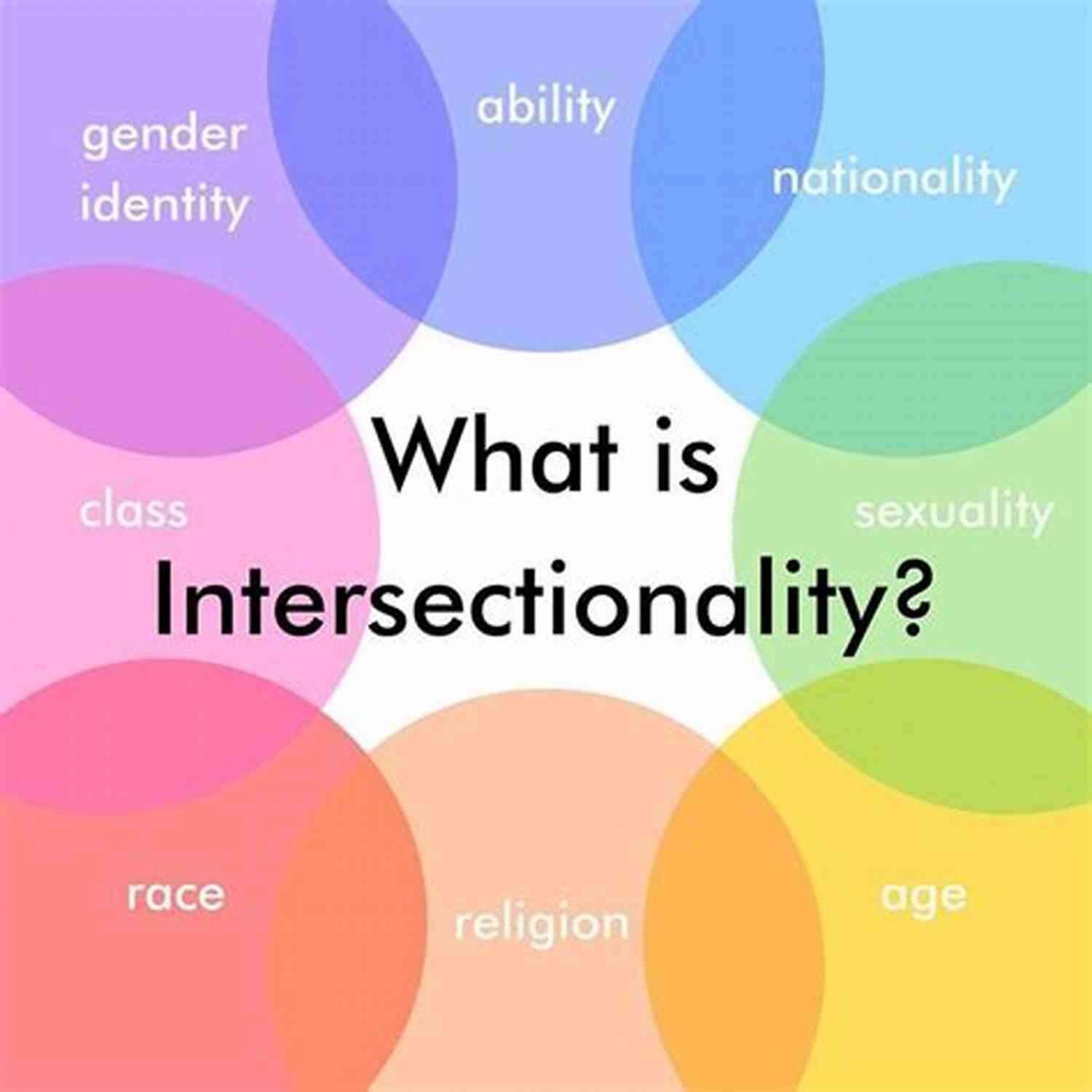
The Influence of Social Movements
Activist scholarship has gained momentum due to the rise of social movements that have demanded recognition and equality for marginalized communities. Movements like Black Lives Matter, #MeToo, and LGBTQ+ rights have pushed these issues into the public sphere and forced academic institutions to pay attention.
These movements have become a driving force behind activist scholarship, prompting researchers to examine the sociopolitical implications of race, gender, and identity. They have created a sense of urgency to address the structural inequalities that perpetuate discrimination, and in doing so, have centered these topics in academic discourse.
Reframing History and Literature
One of the significant impacts of activist scholarship is its ability to reshape how we view history and literature. Traditional narratives often perpetuate an idealized version of events, neglecting the experiences and contributions of marginalized communities. Activist scholarship seeks to rectify this by uncovering hidden histories and diversifying literary canons, amplifying the voices that have been minimized or silenced.
By incorporating race, gender, and identity in the study of history and literature, activist scholarship challenges mainstream accounts and encourages a more inclusive understanding of the past. It allows previously marginalized individuals to reclaim their stories and validates their experiences, ultimately rewriting the narrative to reflect a more accurate representation of society.
The Implications for Academic Discourse
The dominance of activist scholarship in academia raises important questions about the nature of knowledge production and the boundaries of academic freedom. While social justice-oriented research is essential for progressive societal changes, there is a risk of overlooking alternative perspectives or limiting intellectual exploration. It is crucial to strike a balance and create space for diverse viewpoints within scholarly discussions.
Moreover, the focus on race, gender, and identity has the potential to overshadow other pressing issues. Critics argue that activist scholarship may detract from broader social and economic concerns, reducing complex problems to singular identities. It is necessary to broaden the scope of academic inquiry and ensure a holistic understanding of the world's challenges.
Activist scholarship has undeniably revolutionized academic discourse by placing race, gender, and identity at the forefront. By challenging traditional norms and spotlighting systemic inequalities, it has ignited important conversations and paved the way for social change. However, it is crucial to acknowledge the complexities and implications of such a paradigm shift, ensuring that academic freedom, diverse perspectives, and holistic understanding remain central to scholarly discussions.
4.7 out of 5
| Language | : | English |
| File size | : | 1124 KB |
| Text-to-Speech | : | Enabled |
| Screen Reader | : | Supported |
| Enhanced typesetting | : | Enabled |
| X-Ray | : | Enabled |
| Word Wise | : | Enabled |
| Print length | : | 353 pages |
| Lending | : | Enabled |
Wall Street Journal, USA Today, and Publishers Weekly Bestseller!
Have you heard that language is violence and that science is sexist? Have you read that certain people shouldn't practice yoga or cook Chinese food? Or been told that being obese is healthy, that there is no such thing as biological sex, or that only white people can be racist? Are you confused by these ideas, and do you wonder how they have managed so quickly to challenge the very logic of Western society?
In this probing and intrepid volume, Helen Pluckrose and James Lindsay document the evolution of the dogma that informs these ideas, from its coarse origins in French postmodernism to its refinement within activist academic fields. Today this dogma is recognizable as much by its effects, such as cancel culture and social-media dogpiles, as by its tenets, which are all too often embraced as axiomatic in mainstream media: knowledge is a social construct; science and reason are tools of oppression; all human interactions are sites of oppressive power play; and language is dangerous. As Pluckrose and Lindsay warn, the unchecked proliferation of these anti-Enlightenment beliefs present a threat not only to liberal democracy but also to modernity itself.
While acknowledging the need to challenge the complacency of those who think a just society has been fully achieved, Pluckrose and Lindsay break down how this often-radical activist scholarship does far more harm than good, not least to those marginalized communities it claims to champion. They also detail its alarmingly inconsistent and illiberal ethics. Only through a proper understanding of the evolution of these ideas, they conclude, can those who value science, reason, and consistently liberal ethics successfully challenge this harmful and authoritarian orthodoxy—in the academy, in culture, and beyond.
Do you want to contribute by writing guest posts on this blog?
Please contact us and send us a resume of previous articles that you have written.




















Light bulbAdvertise smarter! Our strategic ad space ensures maximum exposure. Reserve your spot today!
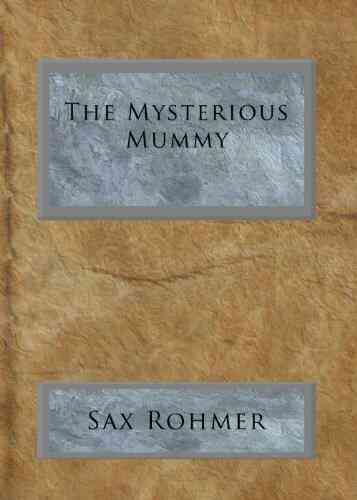
 Dylan MitchellThe Mysterious Mummy: Unraveling the Enigma of Sax Rohmer's Creepy Creation
Dylan MitchellThe Mysterious Mummy: Unraveling the Enigma of Sax Rohmer's Creepy Creation Barry BryantFollow ·19.6k
Barry BryantFollow ·19.6k Forrest ReedFollow ·2.7k
Forrest ReedFollow ·2.7k Mikhail BulgakovFollow ·8k
Mikhail BulgakovFollow ·8k Mario BenedettiFollow ·4.6k
Mario BenedettiFollow ·4.6k Art MitchellFollow ·12k
Art MitchellFollow ·12k Jamison CoxFollow ·3.8k
Jamison CoxFollow ·3.8k Jeffrey HayesFollow ·14k
Jeffrey HayesFollow ·14k Rubén DaríoFollow ·10.5k
Rubén DaríoFollow ·10.5k

 Wesley Reed
Wesley ReedThe Ultimate Allergy Free Hypnotherapy Script: Say...
Are you tired of dealing with...

 Walter Simmons
Walter SimmonsAn Alliance Reforged Sentenced To War
War has always been a backdrop for...

 Jarrett Blair
Jarrett BlairThe Untold Story of Loss Guy Blaze: A Rollercoaster...
They say that loss is an inevitable part of...

 Matthew Ward
Matthew WardThe Ultimate Guide to Vegetable Gardening For Beginners:...
Are you interested in...
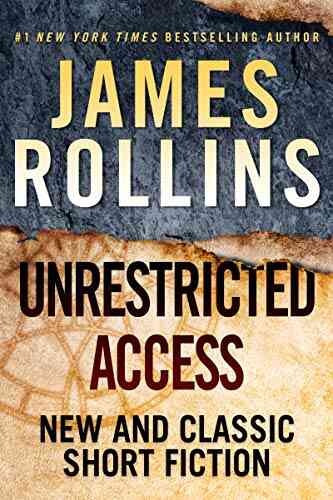
 Paulo Coelho
Paulo CoelhoUnrestricted Access: New And Classic Short Fiction
Are you passionate about literature?...
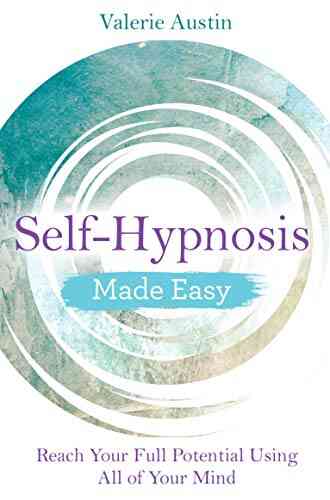
 Jamie Bell
Jamie BellSelf Hypnosis Made Easy - The Ultimate Guide to Unlocking...
: Do you find yourself...
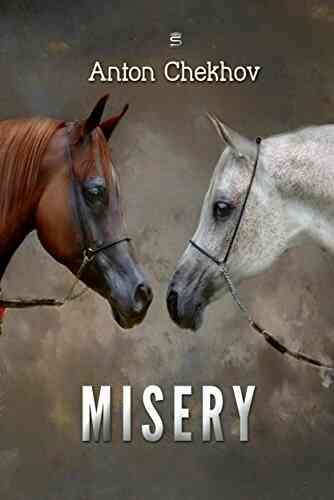
 Caleb Carter
Caleb CarterThe Misery of Lives: Exploring the Intense Emotions in...
Anton Chekhov, famed Russian playwright and...

 Brandon Cox
Brandon CoxThe Untold Story of The Oliver Quintrell: A Journey...
The year was 1892. The maritime world was in...

 Juan Rulfo
Juan RulfoSpidey And His Amazing Friends Free Comic Free Comic Day...
Calling all Spidey fans! Get ready to...
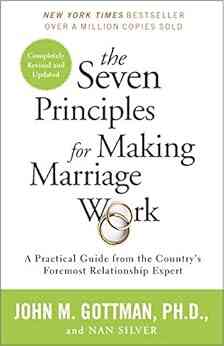
 Cooper Bell
Cooper BellThe Seven Principles For Making Marriage Work: Key...
Marriage is a beautiful union...
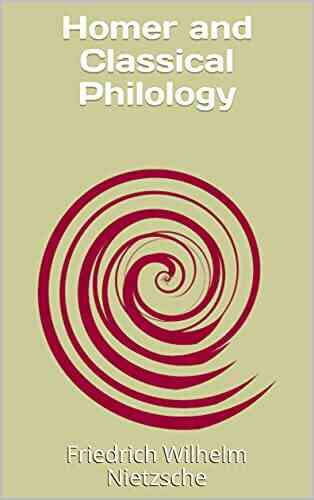
 Eric Hayes
Eric HayesHomer And Classical Philology Glenn Mcgoldrick:...
When we think of ancient...
4.7 out of 5
| Language | : | English |
| File size | : | 1124 KB |
| Text-to-Speech | : | Enabled |
| Screen Reader | : | Supported |
| Enhanced typesetting | : | Enabled |
| X-Ray | : | Enabled |
| Word Wise | : | Enabled |
| Print length | : | 353 pages |
| Lending | : | Enabled |


